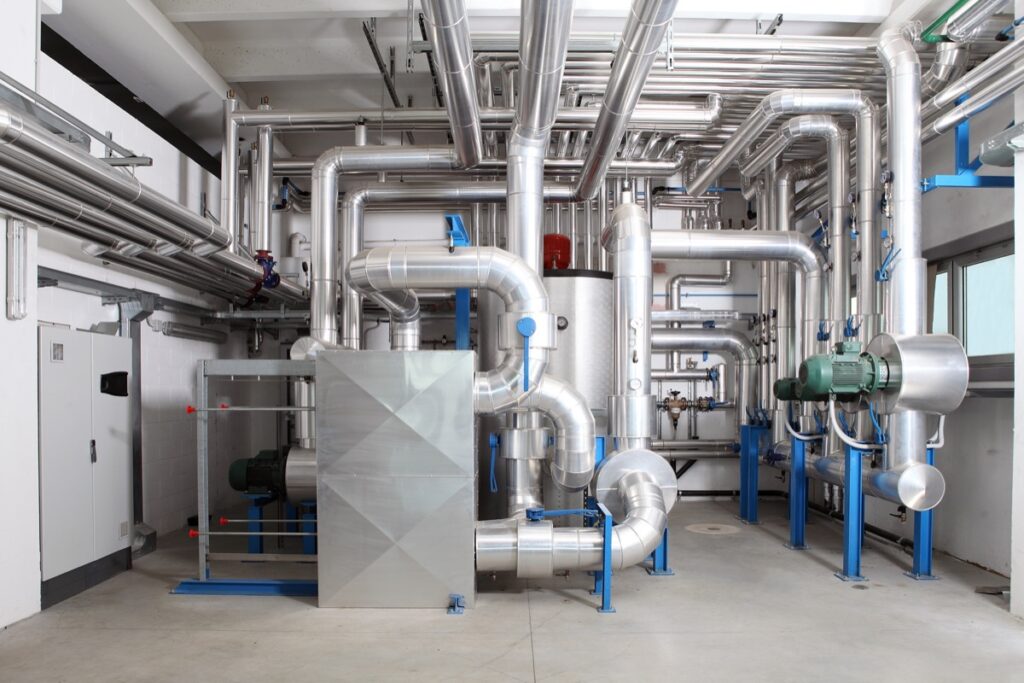
Parity remotely controls and optimizes HVAC systems 24/7/365 to deliver automatic energy savings and revenue to multifamily residential buildings and hotels.


Remote HVAC micromanagement is an advanced software service that goes beyond monitoring and analytics to deliver fully automated, real-time control and management of HVAC systems.
Our approach eliminates the need for constant manual adjustments and allows building managers to achieve maximum energy efficiency while reducing their staff’s workload.
Optimizer is our HVAC Optimization as a Service solution that micromanages your HVAC systems 24/7/365.
Optimizer remotely and automatically adjusts set points, motor speeds, and other related performance parameters. This minimizes energy consumption and reduces your staff’s workload while maintaining a comfortable building climate for your occupants.
The full Optimizer service consists of our control optimization software, Parity Insights (Pi) dashboard, automated demand response curtailment, and support from our team of remote and onsite HVAC experts.
Using less energy means reducing your CO2 emissions. This difference can be quantified for sustainability reporting.
We automatically adjust your HVAC systems for demand response events, saving your onsite team time and effort.
When we micromanage your HVAC systems, it frees up building staff’s time and reduces service calls.
For multifamily buildings, Parity’s Optimizer service is guaranteed to save you money by reducing energy costs.
Parity is the cost-effective option to meet current and future local regulations, without ripping and replacing equipment.



Click the button below to get started 👇